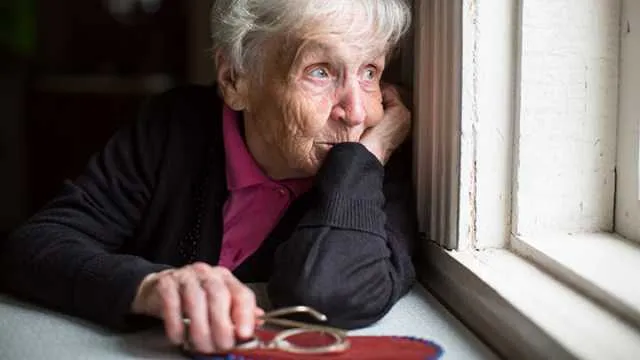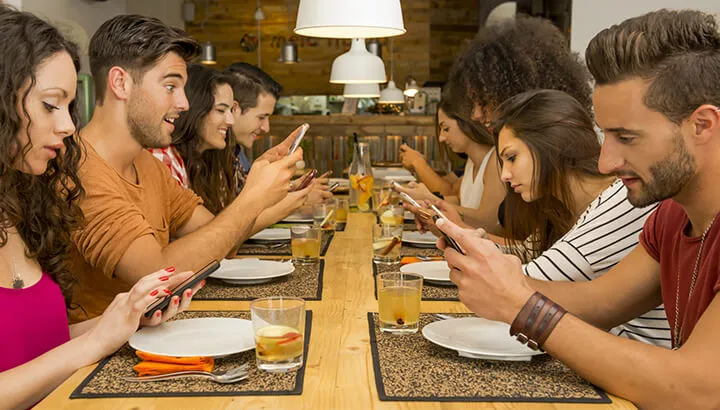
- Share on Facebook259
- Share on Pinterest
- Share on Twitter
Belonging, connectedness and reciprocity are at the heart of the human condition. We are social creatures and people seem to flourish the most when they are part of a supportive community.
It’s something of a paradox, but individual identity depends a great deal on social acknowledgment. I believe fostering a strong and healthy sense of self is one the most important gifts that parents can give to their children.
For example, in one family I know, I see parents and grandparents, aunts and uncles, as well well as siblings and friends, attending each and every sporting event that a child participates in. At these occasions, it’s not about winning or losing that matters, but cheering the effort a young person makes. Simply being there sends a powerful message — you are valued, there are people that care deeply about your welfare, and you have a network behind you day in and day out.
Psychologists say that having a supportive network behind you encourages kids to be creative, take risks and try hard. I believe it also gives you the confidence to overcome setbacks and failure. For example, a high-level executive I once interviewed explained that he survived the merciless bullying and teasing he received in grade school largely because of the unconditional love he experienced from his family. True social validation can help us transcend difficult circumstances.
Isolation and ill health

Social isolation, on the other hand, is linked with a number of adverse psychological and physical consequences. To begin with, studies show that social separation can disturb sleep patterns, undermine immune function and increase stress hormones, which can elevate inflammation that raises the risk for heart attacks and strokes. In fact, an extremely isolated person faces a 29 percent greater chance of suffering a heart attack and a 32 percent higher chance of having a stroke.
Loneliness also predisposes people to cognitive decline, substance abuse and obesity. Longitudinal studies of school age children, for instance, show that social isolation in young people is associated with significantly poorer health decades later. Similarly, many addiction experts contend the opioid epidemic currently sweeping across vast swaths of middle-aged Americans is symptomatic of social isolation.
Poor social skills and a lack of supportive networks are factors that can contribute to social isolation. However, some researchers argue that exceptional sensitivity to social cues can precipitate social isolation. For instance, according to psychologists, sensitive individuals may interpret ambiguous social situations negatively, which causes them to react defensively. Needless to say, this pattern can engender a vicious cycle.
Dr. John Cacioppo, a psychology professor at the University of Chicago, argues that social isolation is often caused by “maladaptive social cognition.” He and his colleagues are working on therapeutic approaches that help people respond to social cues more flexibly and mindfully. In particular, Dr. Cacioppo is applying his approach to help combat veterans cope with the social isolation they often experience when they return stateside.
What to do about social isolation
Dr. Paul Tang of the Palo Alto Medical Foundation believes that we as a society need to do something about the barriers that separate us. He’s started a program called linkAges, a cross-generational service exchange that helps volunteers connect with people in need.
In Dr.Tang’s forum, for example, a college student can volunteer to help a senior with groceries. In return for donating their time and services, they could receive a credit to get a guitar lesson from a middle-aged music teacher. Dr. Tang believes that this is a great way of encouraging contact and understanding across multiple generations. As he notes, “You don’t need a playmate every day. But knowing you’re valued and a contributing member of society is incredibly reaffirming.”
Isolation in the digital age

Social isolation is a growing problem. Since the 1980s, rates of loneliness and social isolation have doubled from about 20 percent to 40 percent. During that time, divorce, addiction and suicide rates have increased as well.
To a certain extent, digital devices can exacerbate social isolation — for example, kids getting lost in video games and teenagers checking their cell phones at mealtimes instead of joining family discussions.
However, the Internet also offers ways to bring people together. Service exchanges, forums for hobbyists, video chats and online discussion groups are just a few of the ways that people can harness the power of digital to connect with others.
The instinct for connectedness is deeply embedded. When we touch the lives of others and are validated in return, then we are bathed in neurotransmitters and hormones that have a beneficial impact on our physical health and psychological well-being. In contrast, estrangement from others invariably engenders the fight-or-flight response, which floods the body with stress hormones like cortisol. We are truly wired to be for others. As individuals, we are most fully alive and happiest when we are connected to our fellow travelers.
Tips for reducing social isolation
- Donate your time or talent. Soup kitchens, senior centers and charitable organizations can always use a helping hand. Extending a little human comfort to those in need can warm your heart too.
- Give a guest lecture. Share your knowledge and experience at a school, church, or civic group. You’ll enrich others and garner appreciation in the process.
- Organize a community project. Try putting together a cleanup or beautify your neighborhood.
If you have stories or tips on overcoming social isolation I’d love to hear them. Please share them in the comments section below.
— Scott O’Reilly
- Share on Facebook259
- Share on Pinterest
- Share on Twitter

